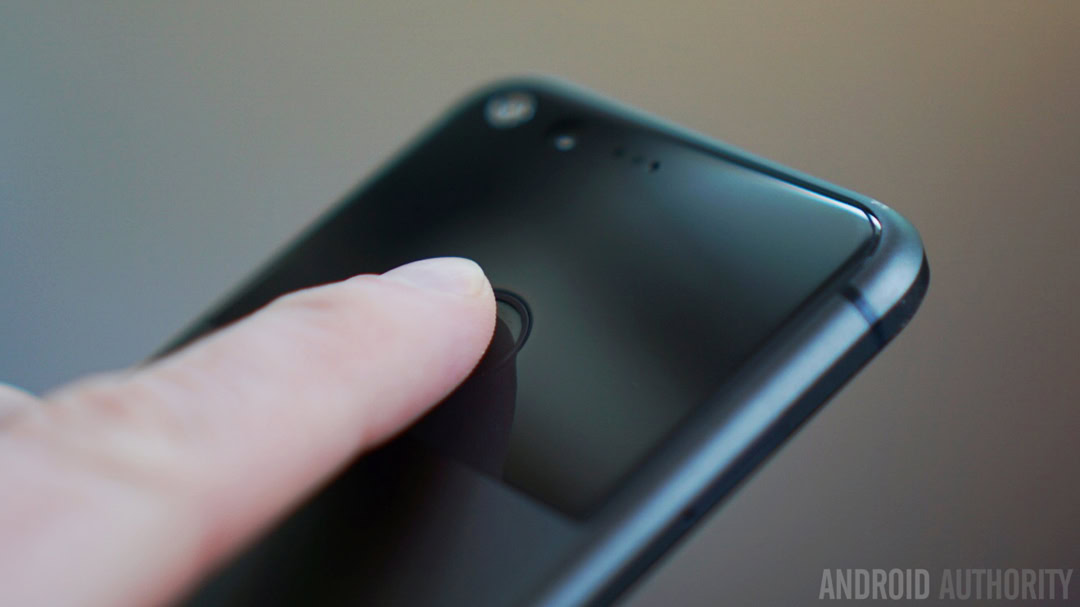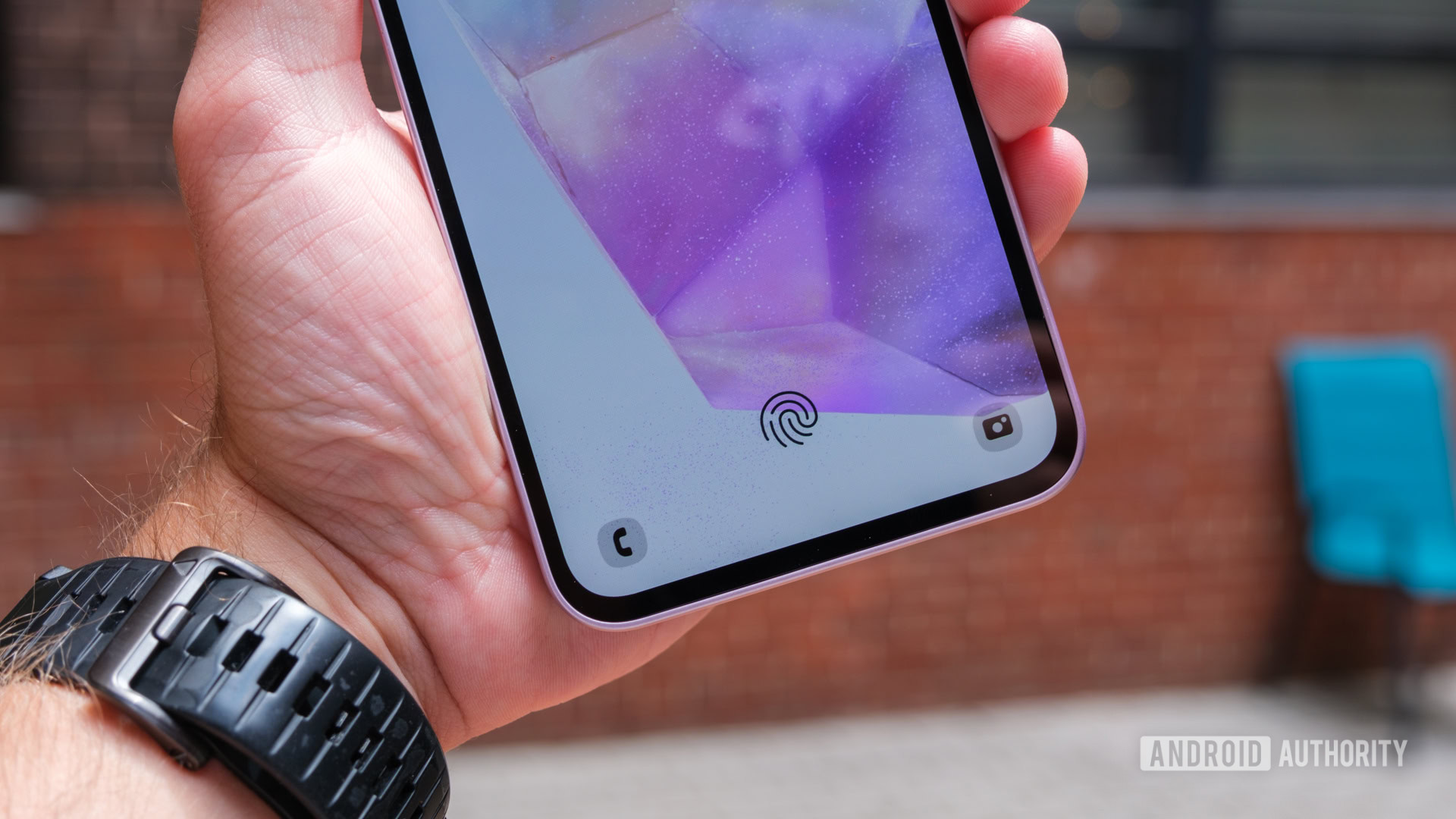Affiliate links on Android Authority may earn us a commission. Learn more.
Florida police attempted to use slain man's finger to unlock his phone
April 23, 2018

- Two police detectives reportedly tried unlocking a deceased man’s phone at a funeral home with his finger.
- The detectives were investigating his death, as well as his involvement in a separate inquiry.
- The case brings up questions of what privacy protections people, both living and dead, are granted with regards to their phones.
In a move that a law professor called “ghoulish,” two Largo, Florida police detectives visited a funeral home and attempted to use a dead suspect’s finger to unlock his smartphone, reported the Tampa Bay Times.
Back in March, Linus F. Phillip was pulled over by officers Matthew Steiner and Prentice Ables over his car’s tinted windows. After smelling marijuana, the officers attempted to arrest Philip. Phillip attempted to drive away while an officer was caught halfway out of the car, which led to the officer shooting Phillip. He then crashed the car and was pronounced dead either at the scene or at the hospital.

The Florida State Attorney’s Office later ruled the shooting as justified, though police wanted to collect additional information related to Phillip’s death and a separate inquiry that involved Phillip.
This is where things get weird.
According to Lieutenant Randall Cheney, police received Phillip’s phone in the 48- to 72-hour window that allows access to a phone using just the fingerprint sensor. However, Phillip’s body was released from state custody to the Sylvan Abbey Funeral Home in Clearwater, Florida.
The funeral home is where Victoria Armstrong, Phillip’s fiance, said two detectives walked in and were taken to Phillip’s corpse. They then held the body’s hands up to the phone’s fingerprint sensor to try and unlock it.
Armstrong was understandably upset as a result.
“Nobody even called us from the facility to let us know detectives were coming there at all is very disturbing,” Armstrong said. “I’m very skeptical of all funeral homes now.”
The law, your fingerprint, and the deceased
The one question that naturally arises from this case is what sort of privacy protections exist around phones.
Keep in mind that a 2014 Supreme Court ruling made it unconstitutional to search your phone during an arrest without a warrant. People can also invoke Fifth Amendment protections against self-incrimination if authorities want the password to a phone.
Those Fifth Amendment protections are thrown out if devices feature fingerprint-based security, however. This is because the law understands fingerprints as other biometric indicators, such as DNA and handwriting samples.
None of this matters when it comes to the dead.

The deceased cannot invoke their Fourth Amendment protections, since you cannot own property when you are dead. If those protections were to continue, they would apply to whoever inherits the property.
Making matters worse is the way Florida decides who is authorized to decide how a dead person’s remains are disposed, said Anna Alexopoulos Farrar, communications director for the Florida Department of Financial Services.
Statutory law contains few details about how funeral and cemetery workers handle remains, but does not govern access to them. As such, the question of who may have access to a dead person in the care of a funeral home is one that contains plenty of grey.
The detectives' actions were legal, but unethical.
“The law has been most cruel, really unforgiving to a dead person,” said Remigius Nwabueze, an associate professor of law at Southampton Law School. “It provides no entitlement or legal rights after death to a deceased person.”
Nwabueze believes that the Largo detectives’ actions were “ethically unjustifiable.” This is an assessment largely echoed by Charles Rose, professor and director of the Center for Excellence in Advocacy at Stetson University College of Law.
“While the deceased person doesn’t have a vested interest in the remains of their body, the family sure does, so it really doesn’t pass the smell test,” Rose said. “There’s a ghoulish component to it that’s troubling to most people.”
It is that “ghoulish component” that makes the detectives’ actions unethical, even if the eyes of the law see nothing wrong.